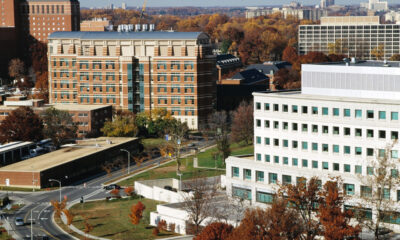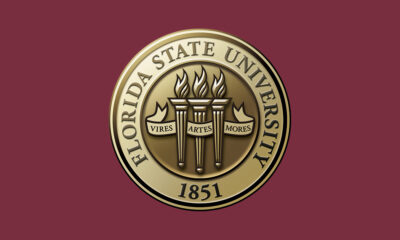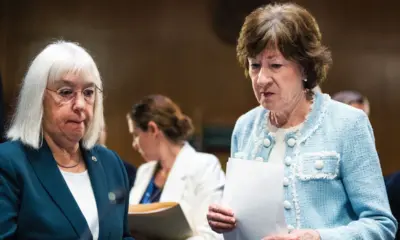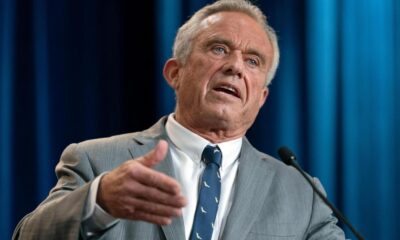Health
Francis Collins Urges Action Against Partisanship in Science

Former director of the National Institutes of Health, Francis Collins, addressed liver researchers at the recent Liver Meeting, urging the scientific community to confront the growing partisanship that threatens the integrity of research. He emphasized that this trend poses a significant risk to the future of society, particularly in health research.
During his keynote speech on October 20, 2023, Collins highlighted the detrimental effects of ideological divides on scientific progress. He stated that the increasing polarization in science could hinder collaboration and innovation, which are essential for addressing public health challenges.
Collins pointed out that science traditionally relies on consensus and shared goals, but he observed that recent years have seen a troubling shift. “The partisanship that has pervaded science is a dangerous sign for the future of our society,” he remarked. His call to action resonated with attendees from the American Association for the Study of Liver Diseases (AASLD) and other health research organizations.
Addressing Challenges in Liver Research
The Liver Meeting serves as a platform for leading researchers to discuss advancements and challenges in liver health. Collins urged participants to remain committed to the scientific method and to foster an environment where diverse opinions can coexist without political influence. He underscored the importance of maintaining trust in science as a reliable source of knowledge, especially in times of crisis.
Collins also noted that the health impacts of partisanship extend beyond the laboratory. The ongoing debates surrounding public health policies, including vaccine distribution and related research funding, reflect a broader trend of mistrust in scientific authorities. “We need to remind ourselves that our ultimate goal is the betterment of human health,” he said.
Encouraging Collaboration and Unity
To combat the rising partisanship, Collins called for unity among researchers, policymakers, and the public. He encouraged attendees to engage in open dialogue and to advocate for evidence-based policies that prioritize health outcomes over political agendas. “We cannot afford to let divisions weaken our resolve,” he stated, urging scientists to lead by example in promoting a collaborative spirit.
The response from the audience was overwhelmingly positive, with many expressing gratitude for Collins’ insight. His leadership and experience in navigating complex health issues continue to inspire the research community. As the liver health sector faces ongoing challenges, the emphasis on unity and collaboration may be crucial for future advancements.
Collins concluded his address with a hopeful message, asserting that by standing together, researchers can overcome the obstacles posed by partisanship and continue to make significant contributions to science and society. The call to action resonated strongly, reinforcing the necessity for collaboration in an increasingly divided world.
-

 Science1 month ago
Science1 month agoNostradamus’ 2026 Predictions: Star Death and Dark Events Loom
-

 Technology2 months ago
Technology2 months agoOpenAI to Implement Age Verification for ChatGPT by December 2025
-

 Technology6 months ago
Technology6 months agoDiscover the Top 10 Calorie Counting Apps of 2025
-

 Health4 months ago
Health4 months agoBella Hadid Shares Health Update After Treatment for Lyme Disease
-

 Health5 months ago
Health5 months agoAnalysts Project Stronger Growth for Apple’s iPhone 17 Lineup
-

 Technology4 months ago
Technology4 months agoElectric Moto Influencer Surronster Arrested in Tijuana
-

 Education5 months ago
Education5 months agoHarvard Secures Court Victory Over Federal Funding Cuts
-

 Health5 months ago
Health5 months agoErin Bates Shares Recovery Update Following Sepsis Complications
-

 Technology6 months ago
Technology6 months agoDiscover How to Reverse Image Search Using ChatGPT Effortlessly
-

 Technology7 months ago
Technology7 months agoMeta Initiates $60B AI Data Center Expansion, Starting in Ohio
-

 Technology7 months ago
Technology7 months agoRecovering a Suspended TikTok Account: A Step-by-Step Guide
-

 Science3 months ago
Science3 months agoStarship V3 Set for 2026 Launch After Successful Final Test of Version 2





















